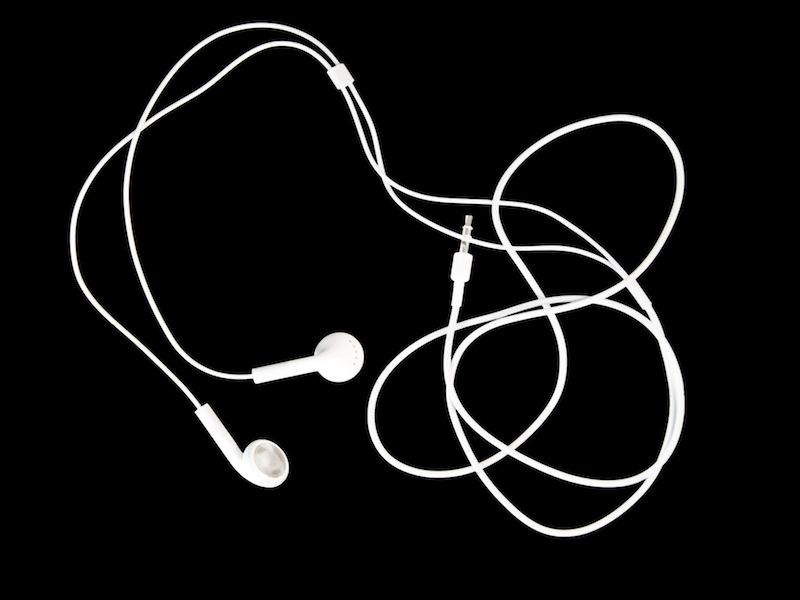
If you haven’t had your hearing checked since your grade school days, you’re not alone. Unfortunately, we have a habit of treating hearing loss reactively rather than proactively, and a routine adult physical normally doesn’t include a hearing test. As a matter of fact, even when they recognize they have loss of hearing, most people disregard it for up to seven years which can severely affect your health. In fact, untreated hearing loss has been shown to raise your healthcare costs over time.
The good news, hearing tests are simple, pain-free, and provide a wealth of facts for our experts to help you, both for diagnosing hearing concerns and assessing whether interventions such as hearing aids are working. When you were younger, you might remember the audiometry test from school, but a full hearing test will give you a clearer understanding of your hearing without a sticker or a lollipop.
While you may not give the condition of your hearing as much attention as you do the health of your eyes or your teeth, it is crucial that you routinely get your hearing checked. You might not notice a problem with your hearing for some time. Loss of hearing usually occurs gradually, and the sooner you recognize an issue with your hearing, the sooner you might be able to deal with it.
When Should You Get Examined?
All newborns should be screened for hearing loss, and typically, the hospital takes care of that before they are released. The American Academy of Pediatrics suggests that children undergo formal hearing examinations when they are 4, 5, 6, 8 and 10 years old and that teenagers should have hearing tests during wellness visits with their doctors.
It’s recommended that if you are between the ages of 18 and 49, you have your hearing checked every five years and then, as you get older, more often. You should get tested every three years if you are between 46 and 60 years old and then every two years after you turn 60. But you might need to get tested more often. Your individual circumstances will determine when you should be a test. You should get your hearing examined right away if you notice it isn’t as good as it once was. A number of health issues are associated with neglected hearing loss, like increased risk of falling, cognitive decline, and depression. It can also impact your relationships and your ability to work efficiently.
There are also some scenarios in which you should get a hearing test as soon as you can to address hearing loss that could get worse. The following situations mean that you should get a hearing test immediately:
- Your ears have constant ringing in them
- You are experiencing vertigo
- Pinpointing where sounds are coming from is difficult
- Your ear was infected, or there was a buildup of earwax
- Conversations are difficult to hear when you are in a crowded area especially
- You find yourself having to constantly ask people to repeat themselves
Whether you are at risk of hearing loss is another factor. As an example, if hearing loss runs in your family or you are exposed to loud noises on a regular basis you should get your hearing tested more regularly.
Also, more than 200 ototoxic medications exist. From Aspirin to certain antibiotics, these drugs can be very harmful to your hearing. In order to be certain none of your medications are affecting your ears, consult your doctor. If you need to take a medication that you know is ototoxic, think about getting more frequent hearing testing so you can manage any hearing loss right away.
Also, take into consideration how your habits might be impacting your hearing loss. Are you using earbuds a lot? There’s been a noticeable increase in younger people who have hearing loss, which many experts attribute to the increased use of earbuds and other headsets. Your ears can also be substantially harmed by loud concerts, shows, and machinery. Schedule your hearing test today if it’s time for you to have your hearing examined.